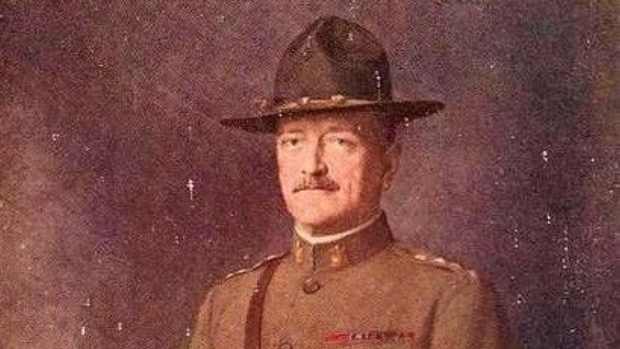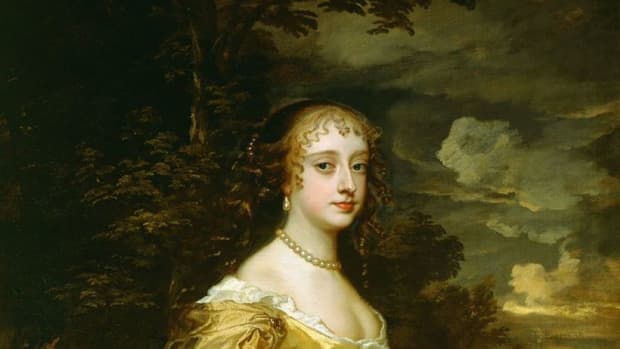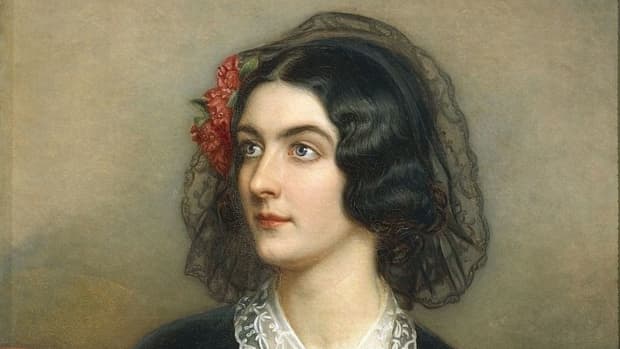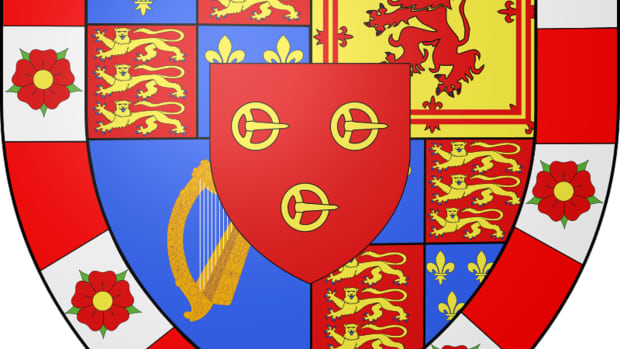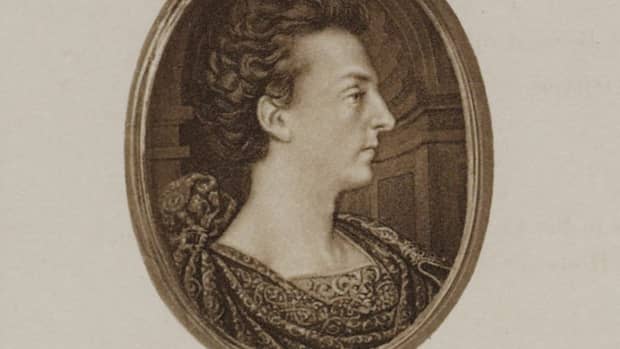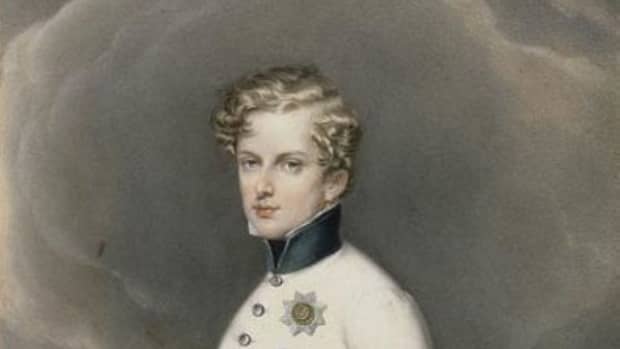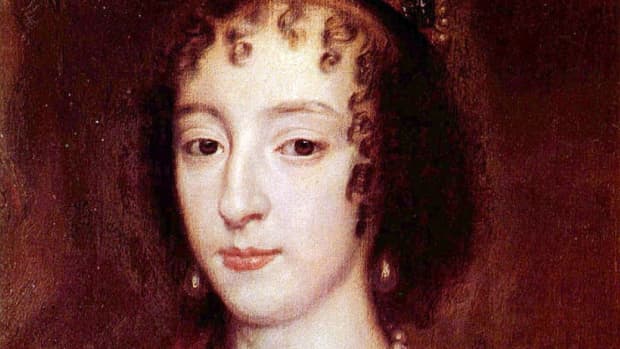Nell Gwyn: Charles II's Mischievous Mistress
Helena, Rose and Eleanor Gwyn
Nell Gwyn was born Eleanor Gwyn around the 2nd of February 1650. Her mother Helena worked in a bawdy house in Covent Garden, London, an area full of brothels, prostitutes and unsavoury public houses. Nell's father either died in debtor's prison or disappeared. Nell had an elder sister named Rose.
As children, Nell and Rose served drinks to the customers at the Rose Tavern. It's widely accepted that all three Gwyns' were prostitutes, even as minors. They knew what it was to be poor with no shoes for the winter and suffer a scarcity of food, and there was no welfare system to save them. Nell was illiterate and unschooled in the conventional sense, but she was certainly not anyone's fool.
Rose persuaded fourteen-year-old Nell to become an orange seller at the Theatre Royal, Drury Lane, which was the permanent home of the King's Company of Actors. The orange sellers had another role; they acted as a conduit between men in the audience and the actresses backstage to arrange assignations.
Nell's wit and mischievousness made an impression on the theatregoers and Charles Hart, the leading actor in the company. She became Hart's mistress and also had a dalliance with her dancing instructor, John Lacy. By the end of 1665, the spirited orange seller was on stage acting, singing and dancing in comedies.


Nell Gwyn's Sharp Wit and Romantic Roles Win Hearts
The audiences loved her sharp retorts, rebellious nature and indiscretion. In that era, the stage and the most sought-after theatre boxes were on the same level so she happily went off script to enjoy some banter with the rich and titled inhabitants of the boxes.
She was less adept at tragedy so she played in fewer of these roles and became acclaimed for her comic characters and romantic heroines. She originated roles for John Dryden and "pretty, witty Nell" was subject to a lot of attention from her male audience, including Lord Buckhurst, to whom she became mistress in 1667. Her time with Lord Buckhurst led to a short break from the theatre, but she returned to the London stage full of vivacity.
She was watching a play at a theatre one night when King Charles II noticed her, and he subsequently ignored the play.
Charles regularly visited the Theatre Royal after that meeting, and she engaged in jokes and unguarded comments with him as she performed. He was no stranger to either having mistresses or actresses as mistresses.
Nell became Charles II's mistress. She had haughty Louise de Kerouaille and the dominating, passionate and fading Barbara, Lady Castlemaine, as her rivals. Nell was the only one of Charles' mistresses that the public liked.
Charles and Nell's Sons: The Beauclerk Line
Charles gave her the use of an opulent property at 79 Pall Mall near St. James's Palace, and she arranged for her mother to have a nice house in Chelsea. Tragically, under the influence of brandy, Nell's mother fell into a stream and drowned in July 1679.
King Charles sneaked from the gardens at St. James's to Nell's bed unseen. Nell remained faithful to the king, and she lived a life of extravagance, hosting parties and living a life that she could only have imagined as an impoverished child. She accumulated huge debts, but her position as the king's mistress protected her from debt collectors.
Her last stage performance was given in January 1670. On 8th May 1670, Nell gave birth to Charles' son Charles Beauclerk. Legend has it that when Nell called to her toddling son, "come here you little b*****d" and the king objected, she rebuked him by saying that she had no other title to call her son by. Shortly afterwards Charles Beauclerk received his titles Baron Hetherington, Earl of Burford, and later 1st Duke of St. Albans. A second son James, Lord Beauclerk, was born in 1671. He died in 1680.
"Let not poor Nelly starve."
Nell was an exceptional mimic and would regularly impersonate her rivals. Louise de Kerouaille would thunder out of the room as Charles laughed broadly at Nell's impressions of her. Memorably, one day when Nell was mistaken for the unpopular Louise as she stepped out of her carriage, she answered the jeers with the words, "Pray good people, be civil. I am the protestant whore."
It's thanks to Nell that the iconic Royal Hospital in Chelsea was established in the 1680s. She was appalled that a soldier who had fought bravely for Charles was begging on the street, and she asked (nagged) him to do something for heroes.
When Charles II lay on his deathbed in February 1685, Nell was not permitted to see him, but he implored his brother James to "let not poor Nelly starve." He knew that with his death, protection from her creditors would end.
James obliged. He paid off the majority of her debts and gave her an annual allowance of £1500. However, Nell was not allowed to wear mourning after Charles' death or to attend his funeral.
Nell suffered two strokes, possibly triggered by syphilis, in March and May 1687. She was left partially paralysed. She passed away after a third stroke on 14th November 1687 at the pitiably young age of 37 years old.
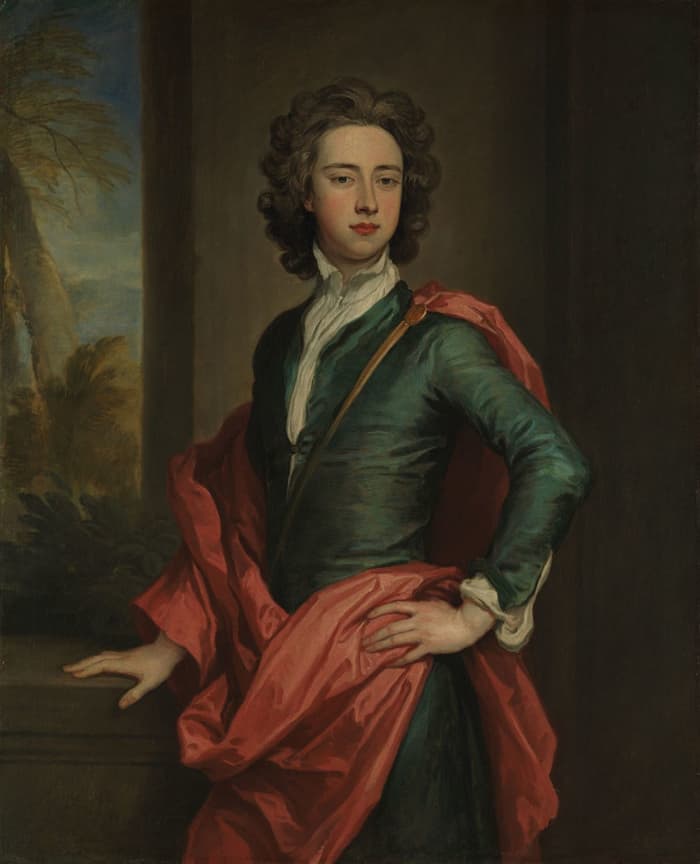
Charles Beauclerk, 1st Duke of St. Albans. He was the son of Nell Gwyn and Charles II. The line is now on its 14th duke.
Wikipedia Public Domain
Descendant Charles Beauclerk: Nell's Spirit Alive and Well
Nell and Charles' bloodline continues to this day. The 14th Duke of St. Albans is named Murray Beauclerk, born in 1939. His son and heir is the author Charles Beauclerk, born 1965. He refuses to be called the Earl of Burford, and he was banned for life from the House of Lords in 1999, suggesting that the rebellious streak in Nell has travelled well in the DNA through the centuries. You can read more about him here:
- "A lord's last stand", published in The Guardian
Sources
- Nell Gwyn, Mistress of King Charles II of England | Unofficial Royalty
- Nell Gwyn | English actress | Britannica
© 2022 Joanne Hayle



